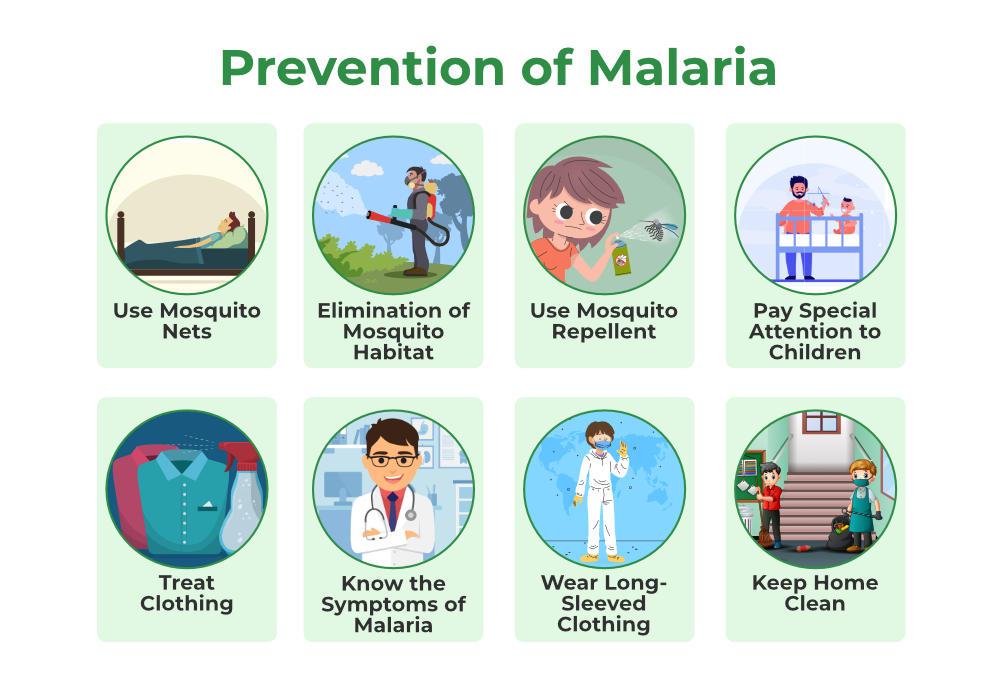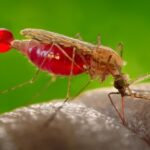Malaria remains a significant global health concern, affecting millions annually. Preventing malaria is crucial in endemic regions, especially for travelers and high-risk populations. This article explores effective malaria prevention strategies, including mosquito control, vaccines, prophylactic medications, and personal protective measures.

Understanding Malaria Transmission
Malaria is caused by Plasmodium parasites, transmitted through the bite of infected Anopheles mosquitoes. Five species of Plasmodium infect humans, with P. falciparum being the most dangerous. Effective prevention focuses on reducing mosquito bites and eliminating parasite transmission.
Mosquito Control Strategies
1. Insecticide-Treated Nets (ITNs)
ITNs are a primary defense against malaria. Sleeping under treated nets reduces mosquito bites and transmission rates significantly.
2. Indoor Residual Spraying (IRS)
IRS involves spraying insecticides on indoor surfaces to kill mosquitoes. This method is highly effective in reducing malaria cases in endemic regions.
3. Environmental Management
- Eliminating standing water to prevent mosquito breeding
- Proper waste disposal
- Using larvicides in stagnant water sources
Personal Protective Measures
1. Use of Mosquito Repellents
Applying DEET-based or natural repellents (such as citronella or eucalyptus oil) reduces the risk of bites.
2. Protective Clothing
Wearing long sleeves, trousers, and light-colored clothing minimizes mosquito exposure.
3. Mosquito Screens and Air Conditioning
Using screened windows and air conditioning further reduces the risk of mosquito bites indoors.
Malaria Vaccination
The RTS,S/AS01 (Mosquirix) vaccine has shown promise in reducing malaria cases, particularly in children in high-risk areas. Ongoing research aims to improve vaccine efficacy and accessibility.
Anti-Malarial Medications
For travelers and residents in endemic regions, prophylactic drugs are essential:
- Atovaquone-Proguanil: Effective for short-term travelers
- Doxycycline: A cost-effective alternative
- Mefloquine: Suitable for long-term use but may have neuropsychiatric side effects
- Primaquine: Prevents P. vivax and P. ovale relapses
Travel Precautions for Malaria Prevention
1. Pre-Travel Consultation
Consulting a healthcare provider helps assess risks and prescribe appropriate prophylactic medication.
2. Awareness of High-Risk Regions
Travelers should check malaria risk maps and take necessary precautions.
3. Post-Travel Monitoring
Anyone experiencing fever after visiting malaria-endemic areas should seek medical attention immediately.
Future of Malaria Prevention
Innovations such as gene-editing mosquitoes, improved vaccines, and AI-driven predictive models are shaping the future of malaria prevention.
Malaria prevention requires a multi-faceted approach, including mosquito control, personal protective measures, vaccination, and prophylactic medications. By adopting these strategies, individuals can significantly reduce their risk of contracting malaria.

